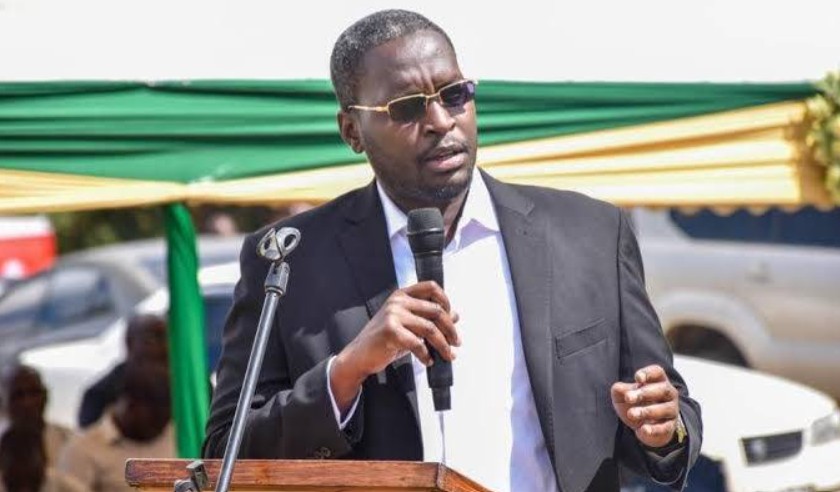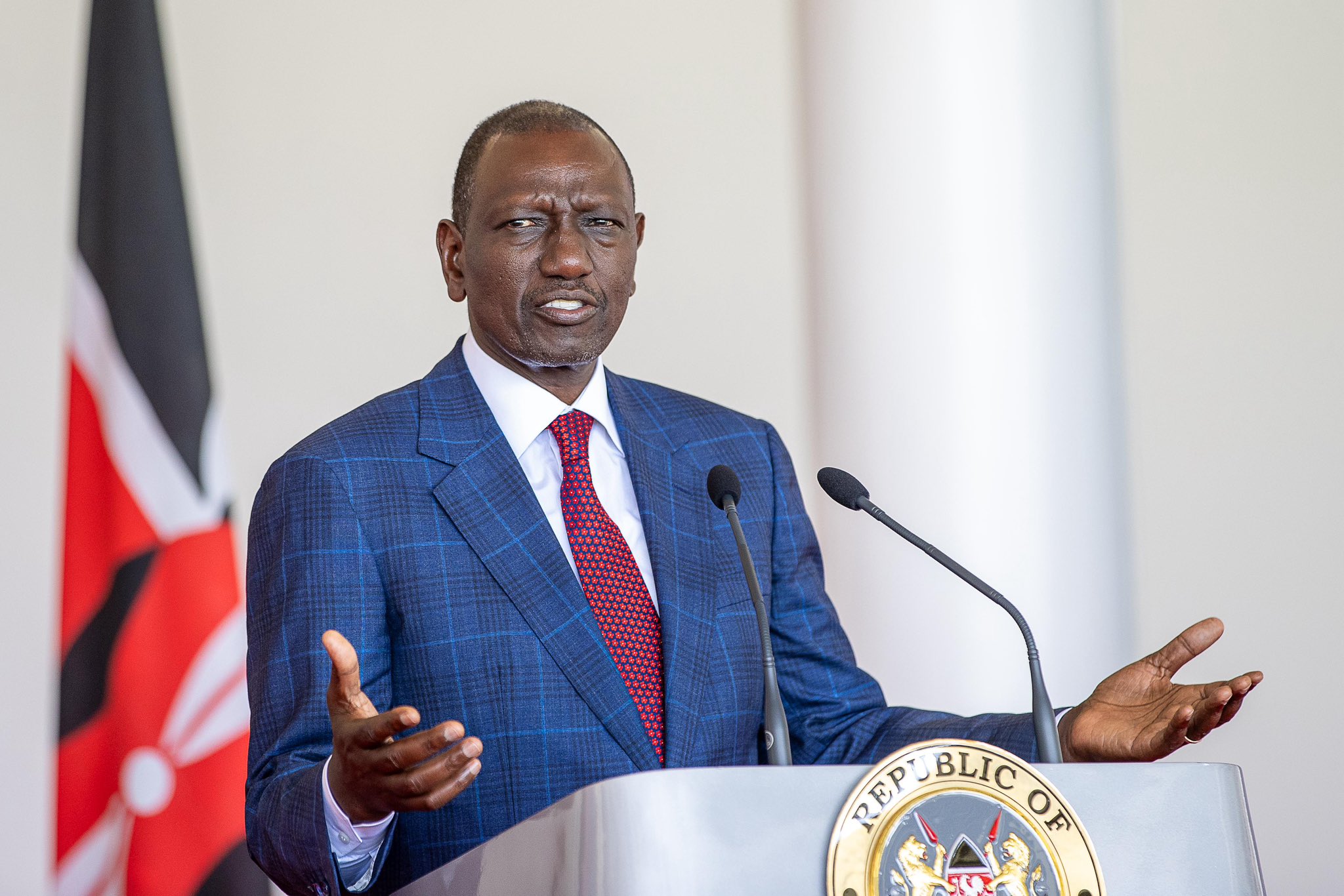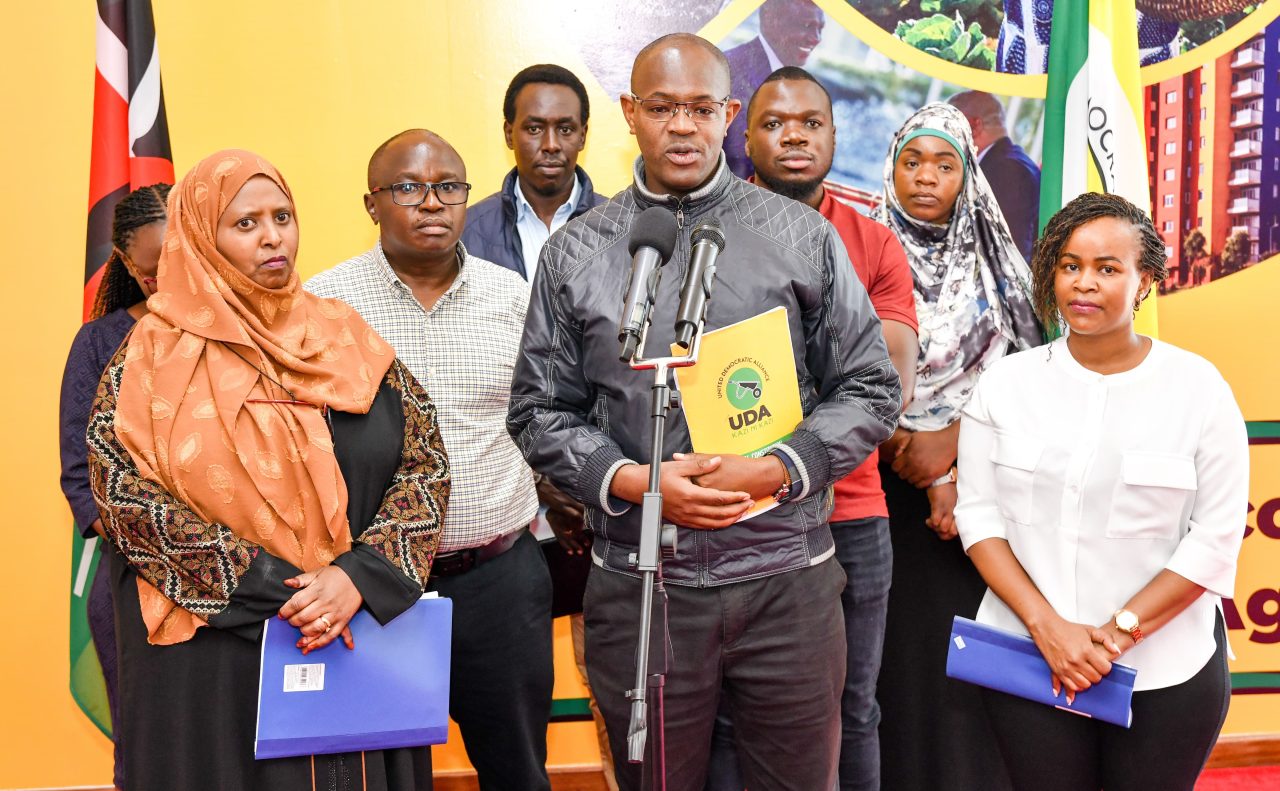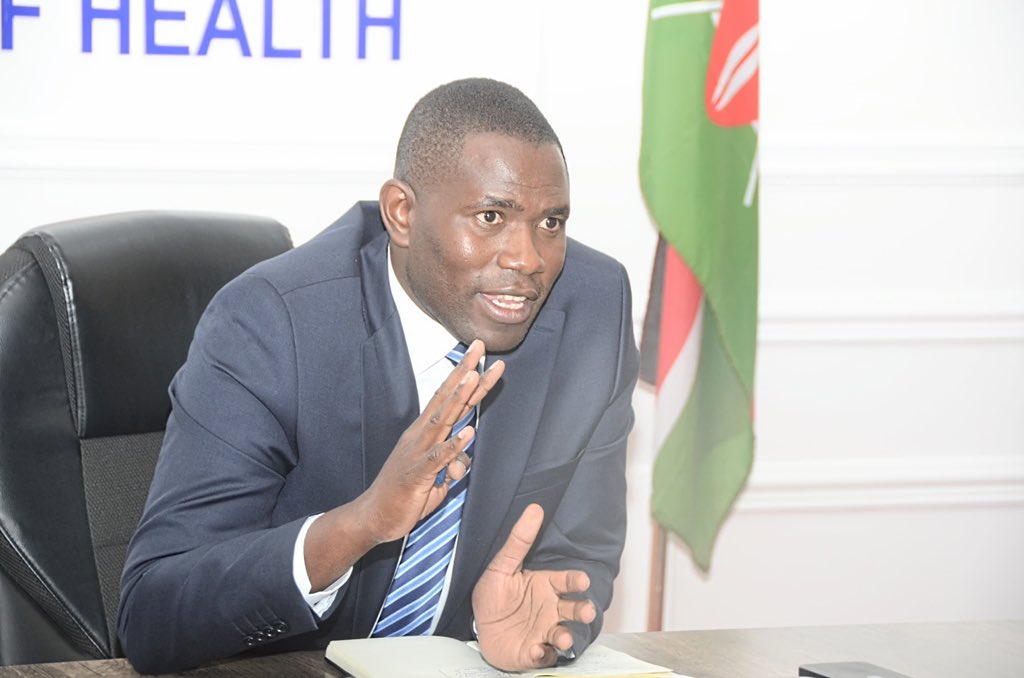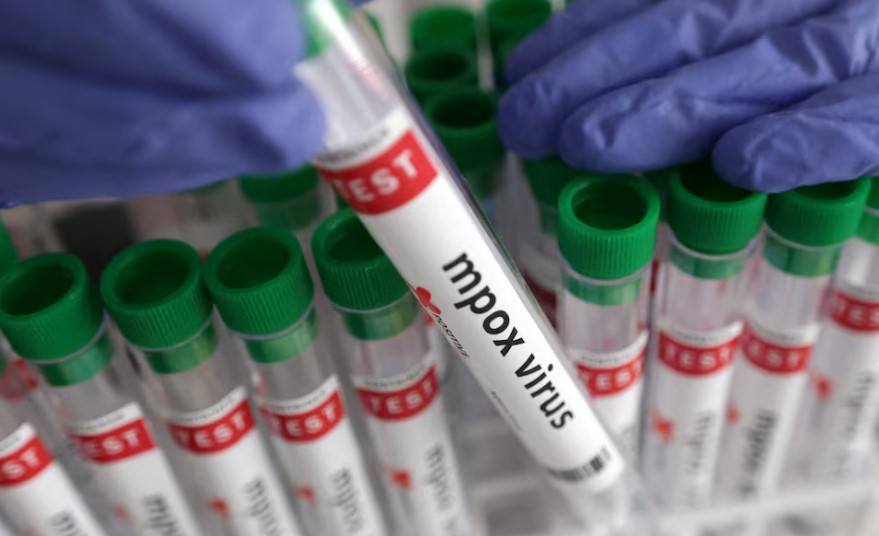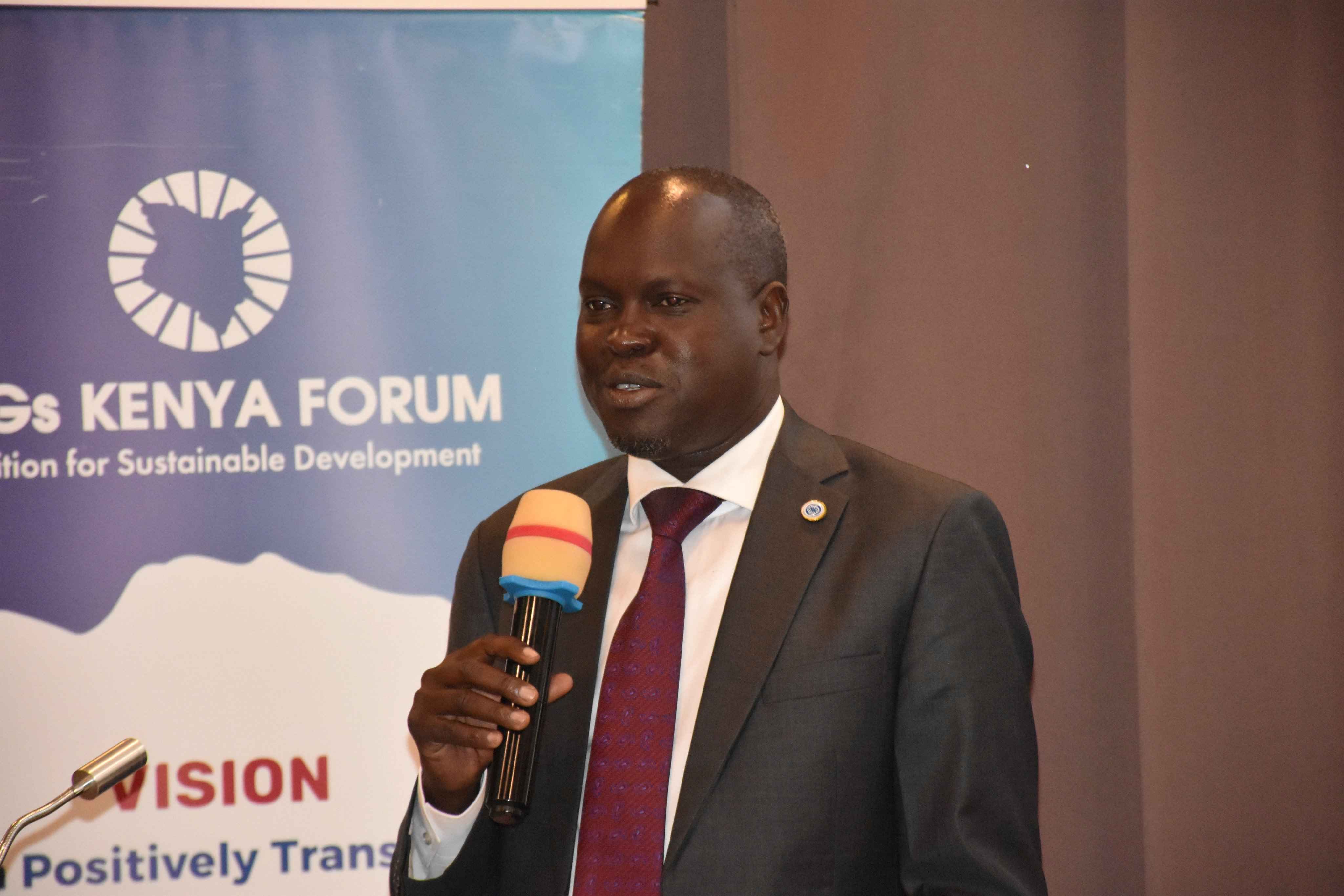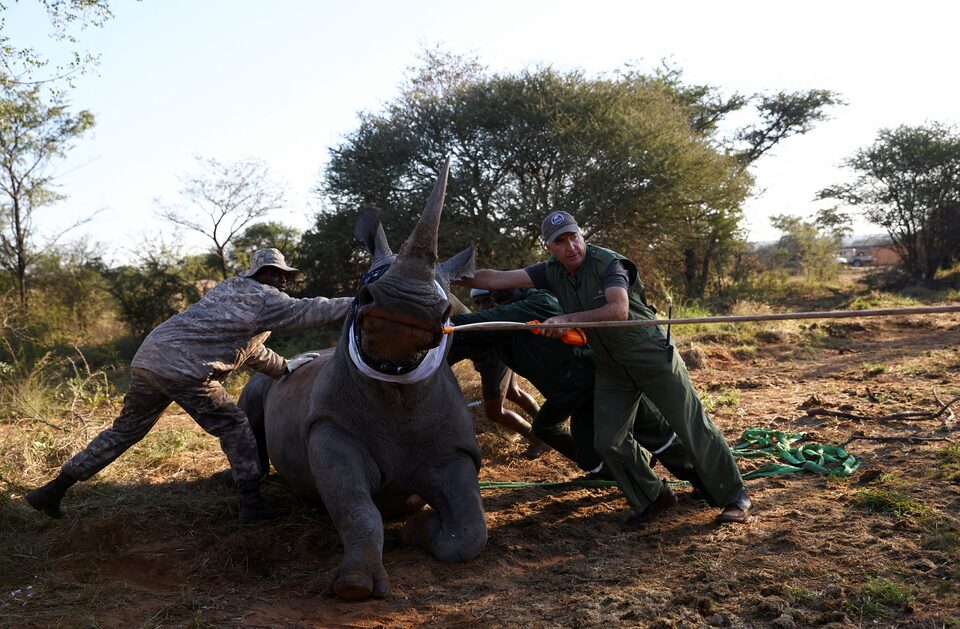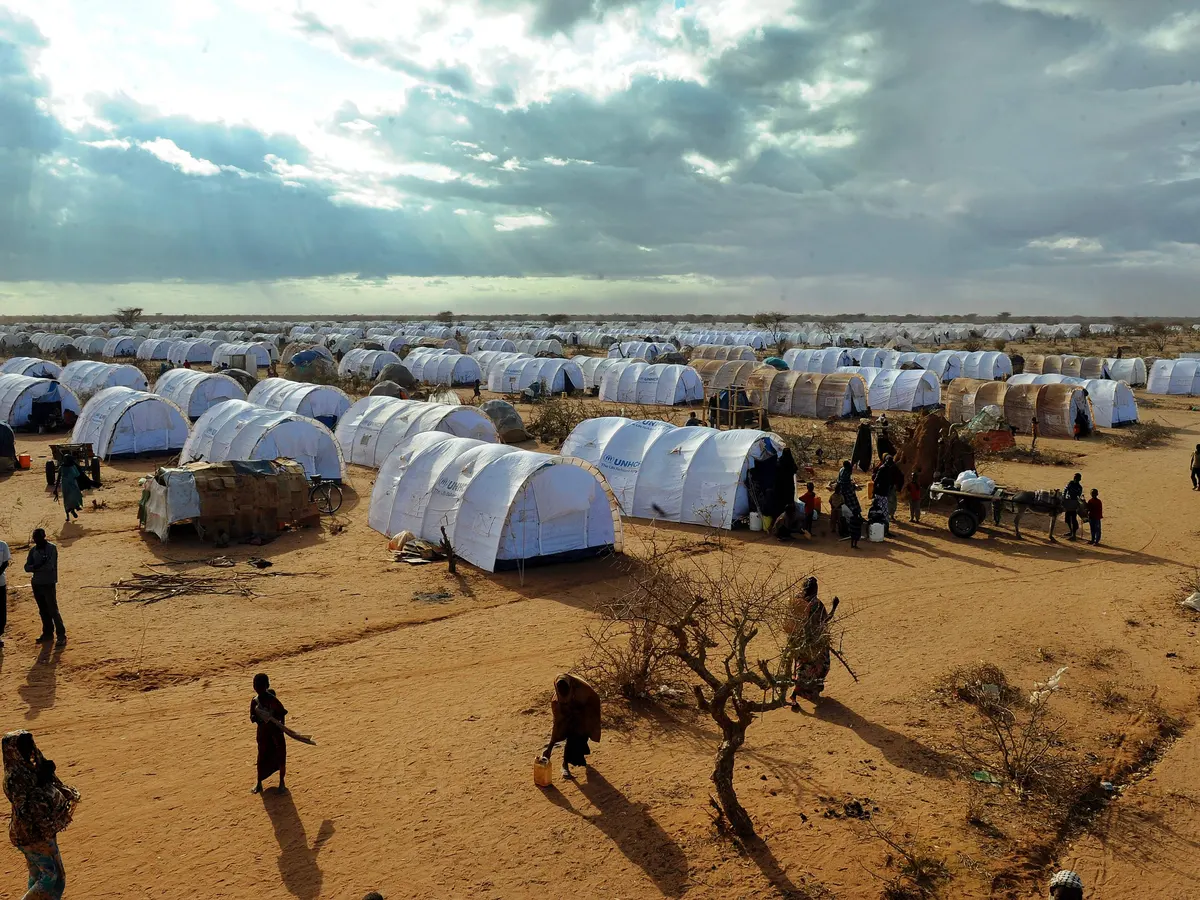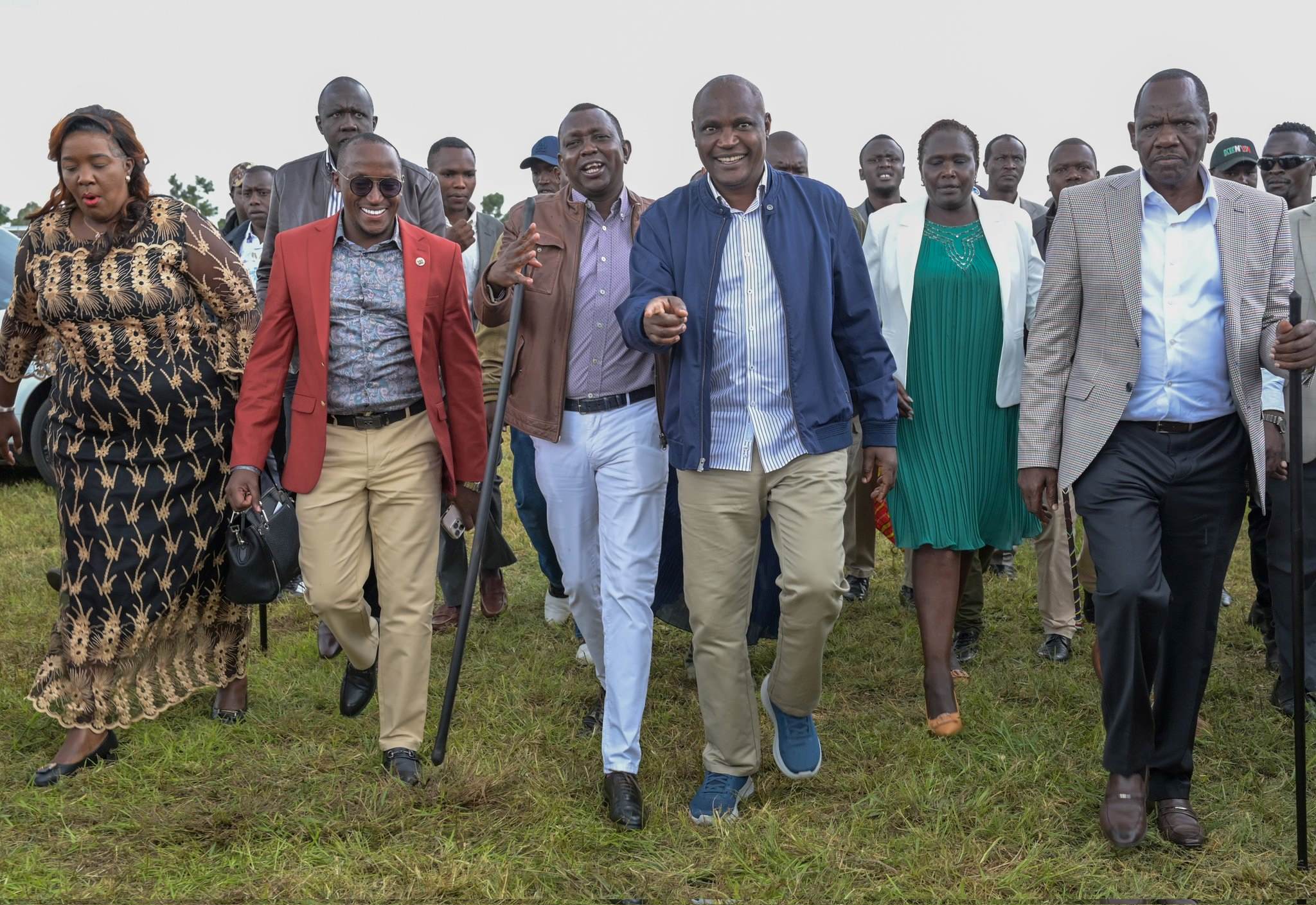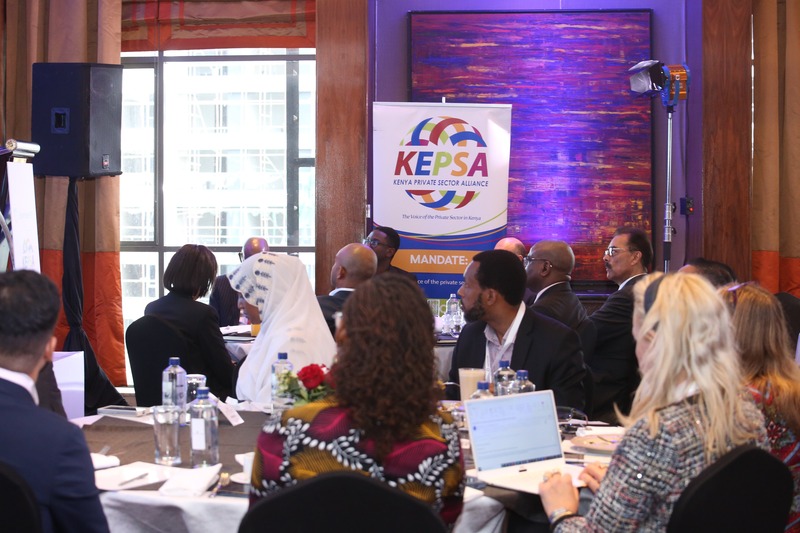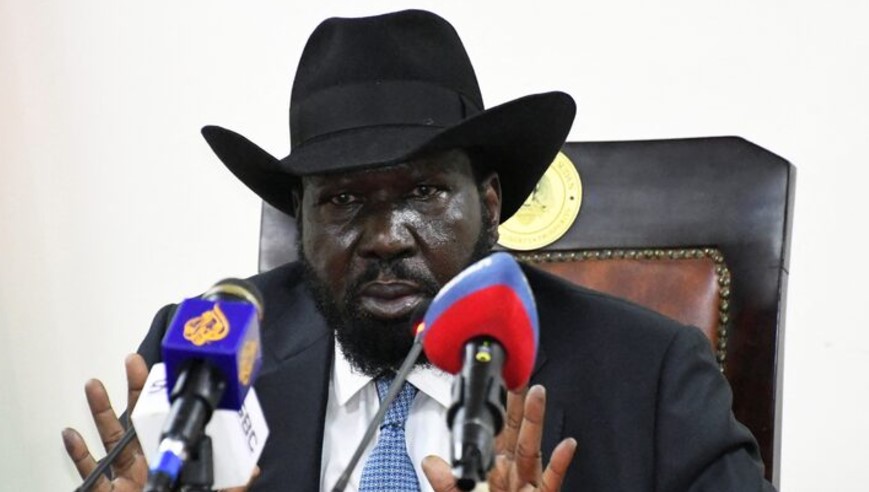CS nominee Kagwe vows to tackle cartels to improve agricultural sector
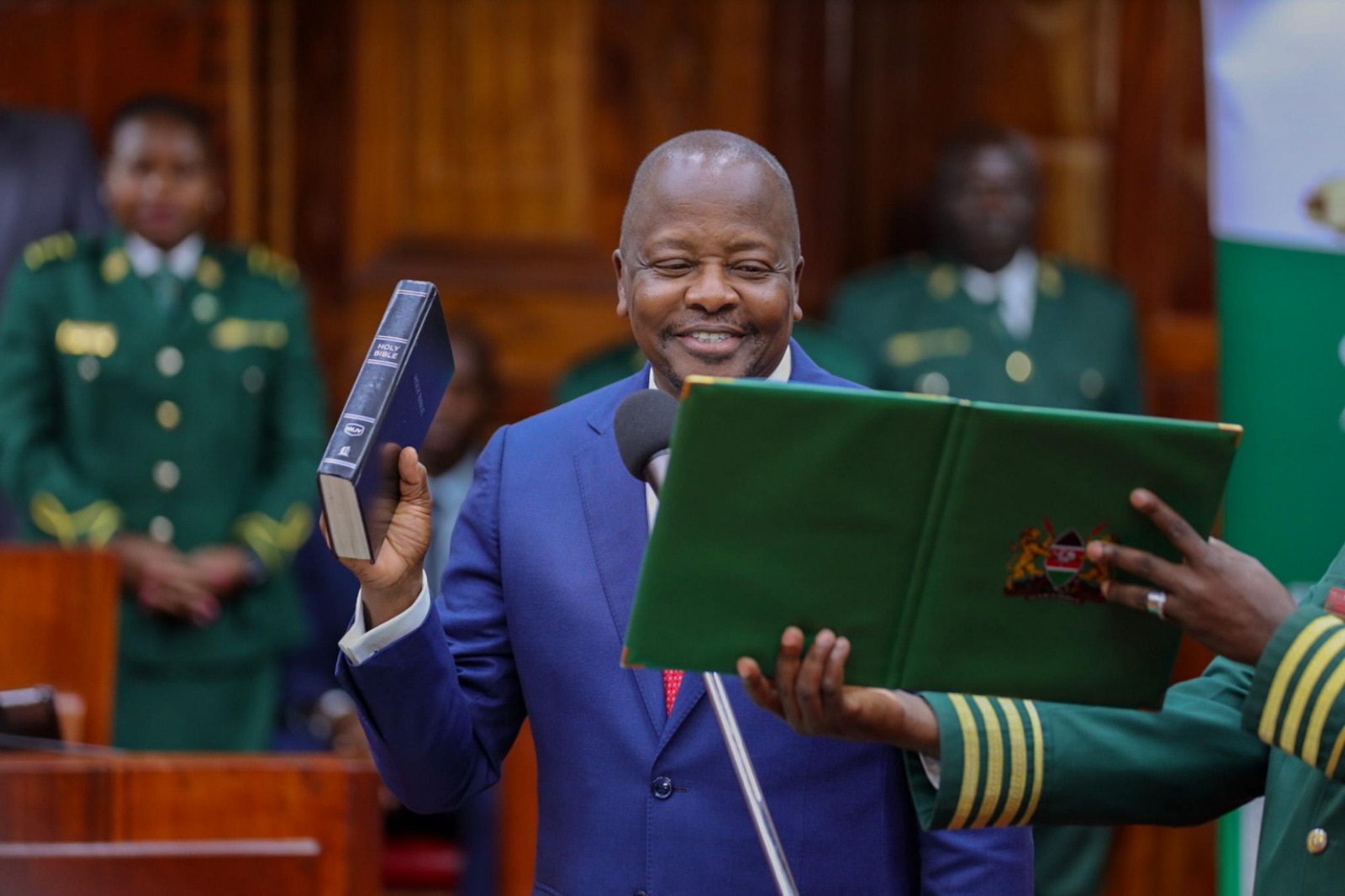
The agriculture sector has long been known to be infiltrated by powerful cartels that manipulate pricing, access to markets, and distribution of vital supplies.
Issues of cartels took centre stage during the vetting of Mutahi Kagwe, Cabinet Secretary nominee for Agriculture.
Kagwe highlighted the challenges posed by cartels in the agricultural sector, recalling his earlier statements from 2020 when he publicly exposed the prevalence of cartels operating from Afya House.
More To Read
- Government announces new appointments across key ministries
- Kagwe calls for overhaul of agriculture funding, criticises three per cent budget allocation
- CS Kagwe calls for removal of value-added tax on key farm inputs to boost sector competitiveness
- Government leases four state-owned sugar mills to private firms for 30 years
- National Assembly Committee on Appointments approves Ruku, Cheptumo for Cabinet Secretary positions
- Gender CS nominee Hanna Cheptumo says women killed in Airbnbs were after money
Speaking before lawmakers on Tuesday, Kagwe noted that cartels tend to push back when their interests are threatened.
"Cartels will fight back, and I am ready for that battle. I know the road ahead will be tough, but I have confidence in the support of the people of Kenya, the ministry, and Parliament," Kagwe stated.
He was responding to Minority Leader Junet Mohamed who had asked him how he would deal with cartels within the agriculture sector.
The agriculture sector has long been known to be infiltrated by powerful cartels that manipulate pricing, access to markets, and distribution of vital supplies.
However, Kagwe proposed to tackle the issue with a collaborative approach involving farmers, experts, and other key players to ensure that decisions are made for the benefit of the broader Kenyan population.
"We must be consultative in every step we take. We cannot afford to make decisions in isolation. Agriculture belongs to the people, and we must consult with them and the experts who know the terrain," he explained.
Reflecting on his previous experience during the COVID-19 pandemic, Kagwe stressed the importance of strong leadership and transparent decision-making during times of crisis. He shared a personal account from 2020 when the government faced shortages of critical protective gear, such as masks and PPEs, in the wake of the global health crisis.
"At the time, people were paying outrageous prices for items that were in short supply, including masks. We had to make tough decisions and sometimes pay higher prices to ensure our healthcare workers were protected," he recounted.
He went on to explain how the government eventually worked with local manufacturers to produce the needed equipment at significantly reduced prices, bringing costs down from thousands of shillings to as little as Sh2,000 per item.
"Mistakes were done"
The nominee also acknowledged the mistakes that were made in the management of the crisis, particularly in the procurement processes, but he also emphasised the unprecedented nature of the situation.
Acknowledging the role of cartels in hampering the government's efforts to serve the people, Kagwe discussed the steps that were taken to restructure organisations like the Kenya Medical Supplies Authority (KEMSA), which was also embroiled in corruption scandals.
"We did a complete reengineering of KEMSA, changing staff and restructuring the organization to better handle crises in the future," he explained.
In conclusion, Kagwe reiterated the importance of preparing for future pandemics and challenges.
"The next crisis is not a matter of if, but when," he said, stressing that effective leadership and the courage to make difficult decisions are essential in saving lives and protecting the public.
He made it clear that should he be confirmed as Agriculture CS, he would continue to take strong action against cartels and work closely with stakeholders to reform the agricultural sector for the betterment of all Kenyans.
Top Stories Today

